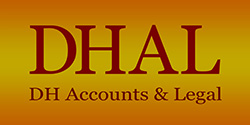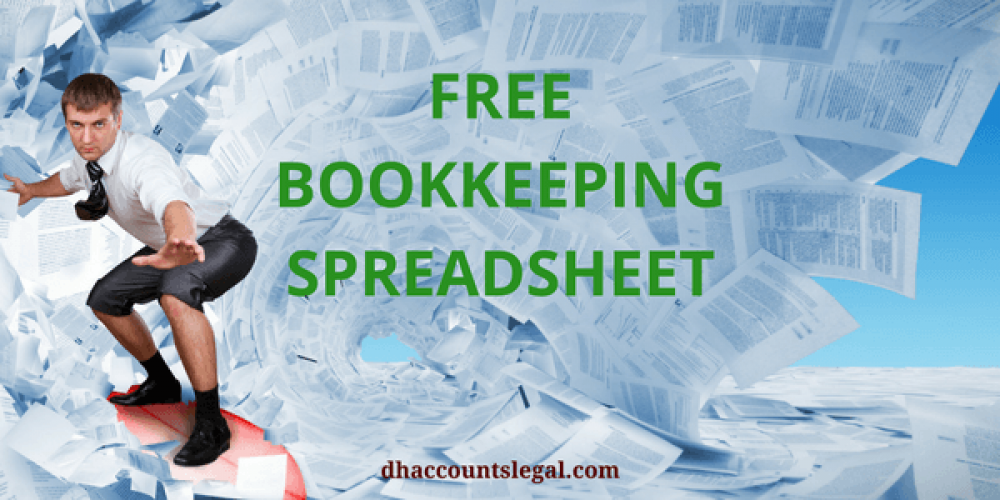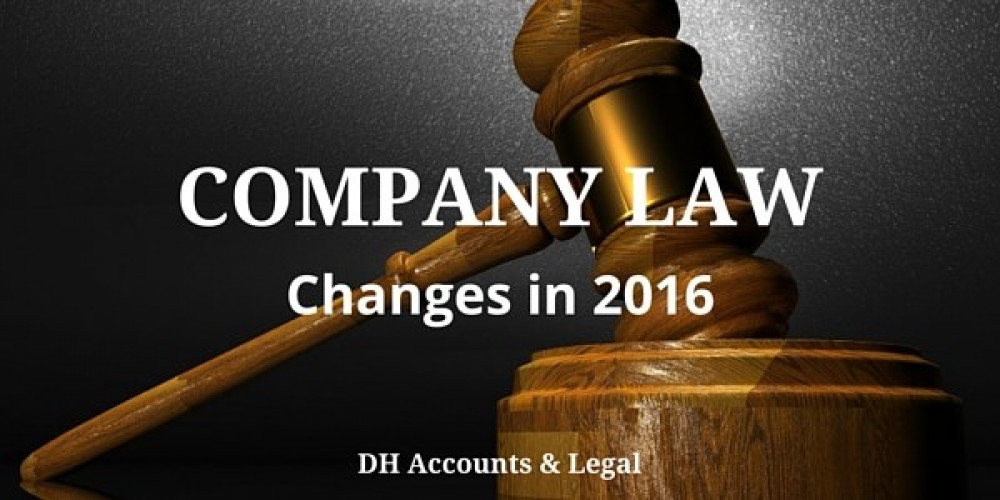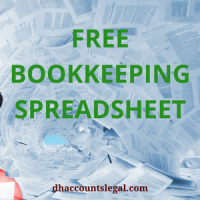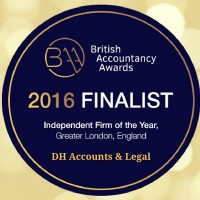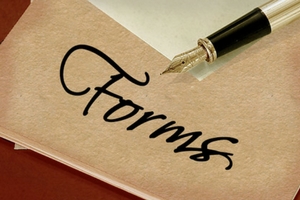For lots of self-employed people bookkeeping is a nightmare. However bookkeeping is very important part of your business and tidy records helps you understand better your financial situation and prevent loss. I believe everyone wants to be successful in a business. To make your life easier I have created a spreadsheet (non VAT registered) for you. It will give you income and expenditure totals for each month and for each category, as well as overall totals for the year. This spreadsheet is very simple and will help you keeping business financial records. You can read more about expenses here. Contact us if you need help with accounting and tax return. […]
This year Companies House introduces some important changes to UK company law. We have provided some of the key changes and the proposed implementation dates. New accounting regulations for companies - January 2016 The regulations apply to accounting periods beginning on or after 1 January 2016. The key change in these regulations is the removal of the ability for a small or medium-sized company to file abbreviated accounts at Companies House (although the very smallest companies can prepare micro entity accounts). New accounting standards - January 2016 The Financial Reporting Council (FRC) have revised the accounting standards under which UK companies prepare their accounts. More information about this change can […]
The relationship between business owner and accountant is core to the success and profitability of your business. Ask yourself if your accountant: 1. Has relevant qualification and is up to date 2. Has work experience in UK professional firms 3. Is register under Money Laundering Regulation (MLR) and holds certificate from HMRC 4. Is covered by Professional Indemnity Insurance 5. Truly understands a business and provides the support 6. Works with you to grow your business for the future 7. Helps you to save tax 8. Is approachable, friendly and provides jargon free advice 9. Does not miss HMRC or Companies House deadlines 10. Is really trustworthy If […]
If you’re self-employed, your business will have various running costs and expenses. You can take these costs away from your business income to work out the taxable profit. Claim all business expenses and capital allowances and you can reduce your taxable profit. Self-employed: Allowable expenses Office costs: stationery and postage; phone, mobile, internet, email and fax bills; printing, printer ink, cartridges and other small office equipment costs; computer software; rent, business and waters rates, utility bills and insurance costs. Travel costs: vehicle insurance, repairs and servicing, fuel, parking, hire charges, vehicle licence fees, membership, breakdown cover; train, bus, air and taxi fares; hotel room costs and meals on overnight […]
Self Assessment Tax Return The tax year in UK is from 6 April to 5 April the following year. Self Assessment is a system HM Revenue and Customs (HMRC) uses to collect Income Tax. Tax is usually deducted automatically from wages, pensions and savings. People and businesses with other income must report it in a tax return. Who must send a tax return You’ll need to send a tax return if, in the last tax year: you were self-employed even though the tax due may in fact be ‘nil’ you were a company director you got dividends from shares you had income from abroad that you needed to pay […]
1. The National Minimum Wage will be increased to £7.20 per hour for those 25 or over. 2. The Personal Tax Allowance, the amount you can earn before paying income tax, will be increased from £10,600 to £11,000. 3. The Higher Rate Threshold will increase from £42,385 to £43,000. 4. The Employment Allowance will increase from £2,000 to £3,000. 5. To make it cheaper to employ young people, from April 2016 employers will not have to pay National Insurance contributions (NICs) for all but the highest earning apprentices aged under 25. 6. The new State Pension will be increased £119.30 from to £155.65 per week. 7. The income rise disregard […]
